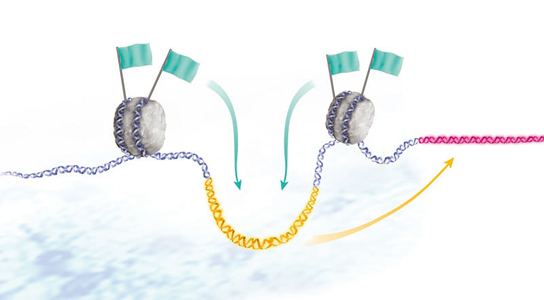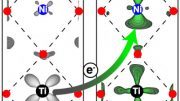
Researchers remotely activated genes in mice, suggesting future medical procedures could involve triggering patients’ genes from afar.
Researchers have been able to remotely activate genes inside mice, proving the concept that one day, there will be medical procedures in which patients’ genes are triggered from afar. The team led by Jeffrey Friedman, a molecular geneticist at the Rockefeller University in New York, states that in the short term, these results will lead to better tools to manipulate cells, in a non-invasive manner.
The team used iron-coated oxide nanoparticles with antibodies that would bind to a modified version of the temperature-sensitive ion channel TRPV1, located on the surface of the cell. These were injected into tumors grown under the skin of mice. A magnetic field was generated to heat the nanoparticles with low-frequency radio waves. Once the nanoparticles heated up, the ion channel was activated, at around 42°C (107.6°F). Calcium was allowed to flow into the cells, triggering the secondary signals that switched on an engineered calcium-sensitive gene that produces insulin.

Thirty minutes later, the mice’s insulin levels had increased enough for their blood sugar levels to drop. This wasn’t developed as a way of managing diabetes, and it could be engineered to produce proteins to treat other conditions.
The team showed that the radio waves only heated the cells containing nanoparticles, and the heat didn’t affect neighboring cells or unmodified ones. The researchers also experimented with cultured cells engineered to make their own nanoparticles. Even in those, insulin could be secreted, albeit at weaker levels.
The researchers need to develop alternate ways of delivering the nanoparticles, because growing tumors in humans would be unethical.









Be the first to comment on "Radio-Wave Heated Nanoparticles Trigger Insulin Production in Mice"